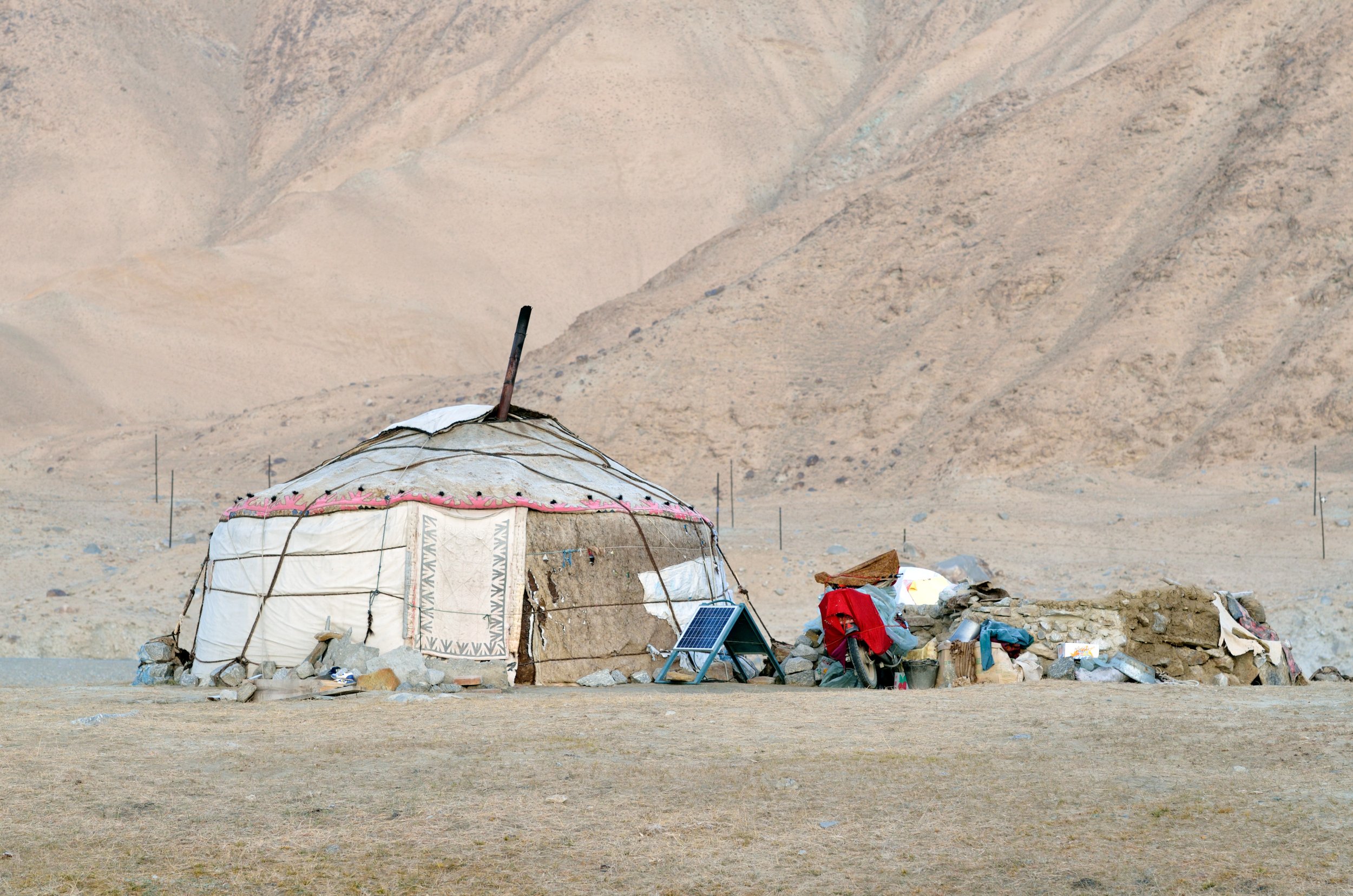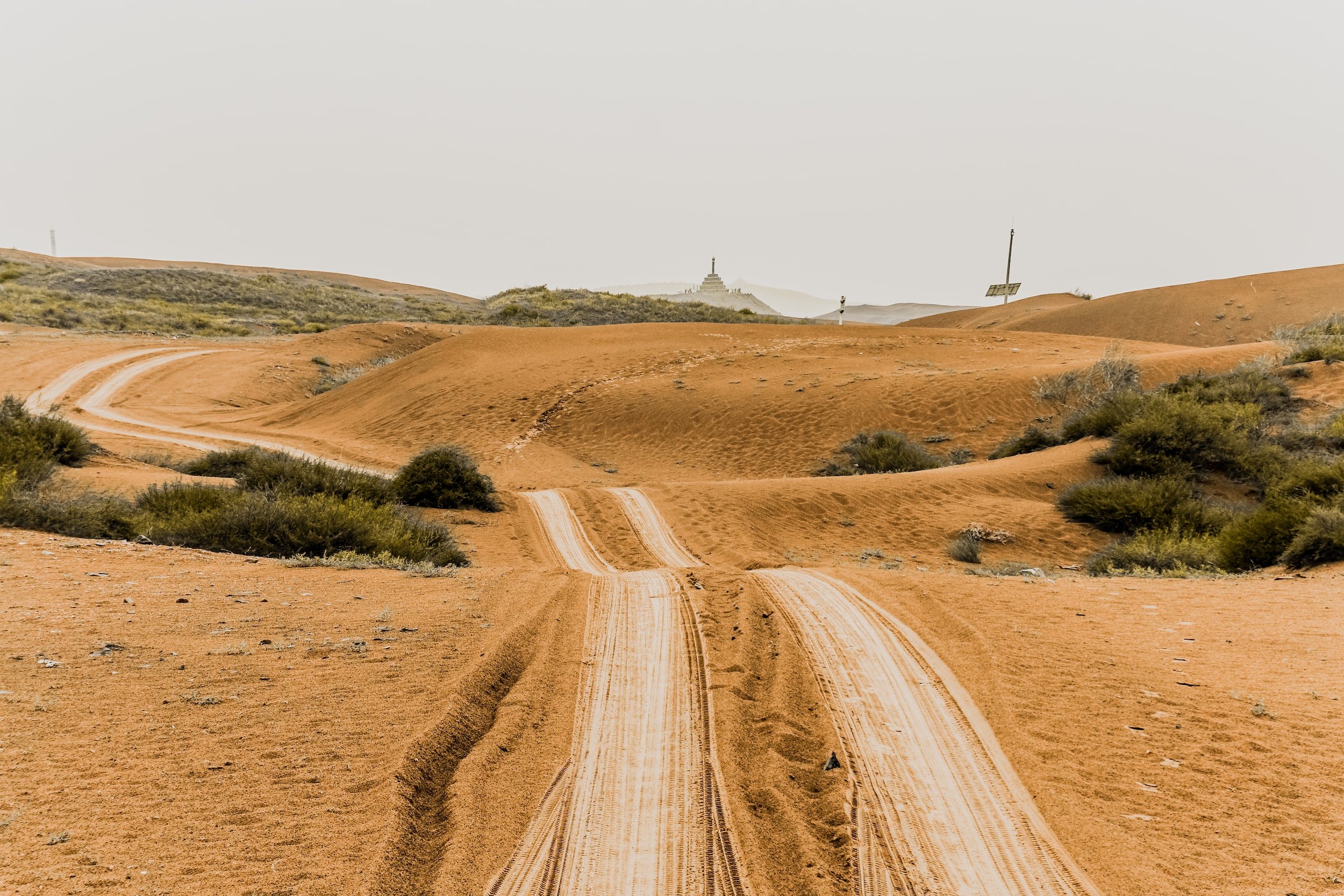As climate change accelerates ahead of us, its effects have wiped out major food sources for nomadic communities in Mongolia- forcing many to migrate into the nation's capital city, Ulaanbaatar. Unfortunately, with the development of infrastructure unable to keep pace with the rapid influx in population, many of these previously nomadic peoples have settled in the outskirts of the city in the “Ger Districts”- large settlements of yurt-type homes.
According to the World Health Organization, approximately 60% of the city’s population lives in these districts. These residences are disconnected from the city's gas utility system, forcing them to burn raw coal to keep warm in the sub-Siberian winters of Mongolia, where the average high is about -13 degrees Celsius (8.6 degrees Fahrenheit).
Combustion of coal releases toxic particulate matter into the air, not only polluting the air in the city itself but also within the “Ger’s” where families reside. Air Quality Index, AQI, is a unitless number that is calculated based on the concentration of various local pollutants. A value less than 50 is considered healthy, while sustained respiration of anything above 150 can lead to negative health effects.
Readings of 180 AQI are regularly recorded in Ulaanbaatar while areas with the highest concentration of Ger districts have experienced readings up to 300 AQI. These numbers only paint part of the picture of the air-quality crisis families in the ger districts are experiencing.
Pollution levels are so high in Ulaanbaatar that the rate of respiratory infection cases in the city have increased by approximately 270% in just the past 10 years.
UNICEF has found that the lung function of children born and raised in Ulaanbaatar is only 40% of their rural counterparts. These respiratory issues are the second leading cause of death in the city.
“2.8 billion people face hazardous air pollution levels”
— a study conducted by The World Bank Group
Click here to read more
Our team is passionate about solving the air-quality crisis in Ulaanbaatar. Our goal is to allow families residing in the Ger districts access to clean, breathable air. We have created a deployable solution, a filtration system designed to improve air quality within the homes of these families. With 13 units already installed with impressive test results, we look forward to providing our systems to more homes in the community.



